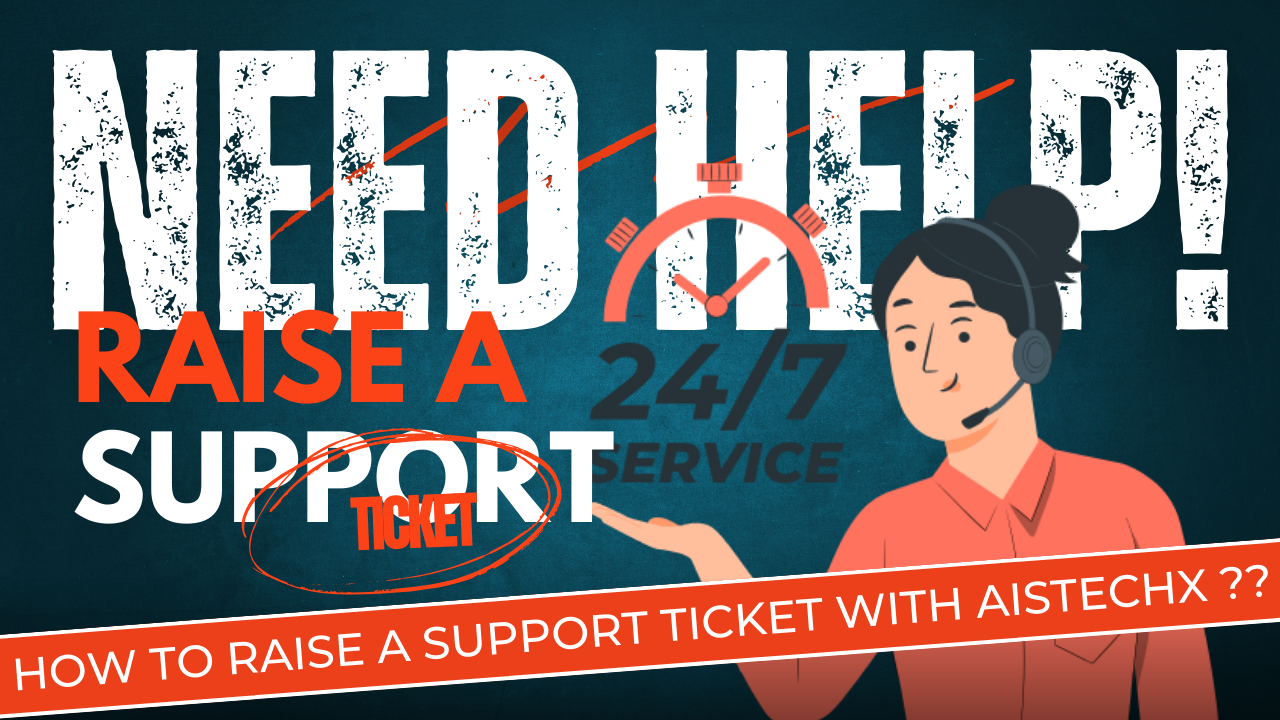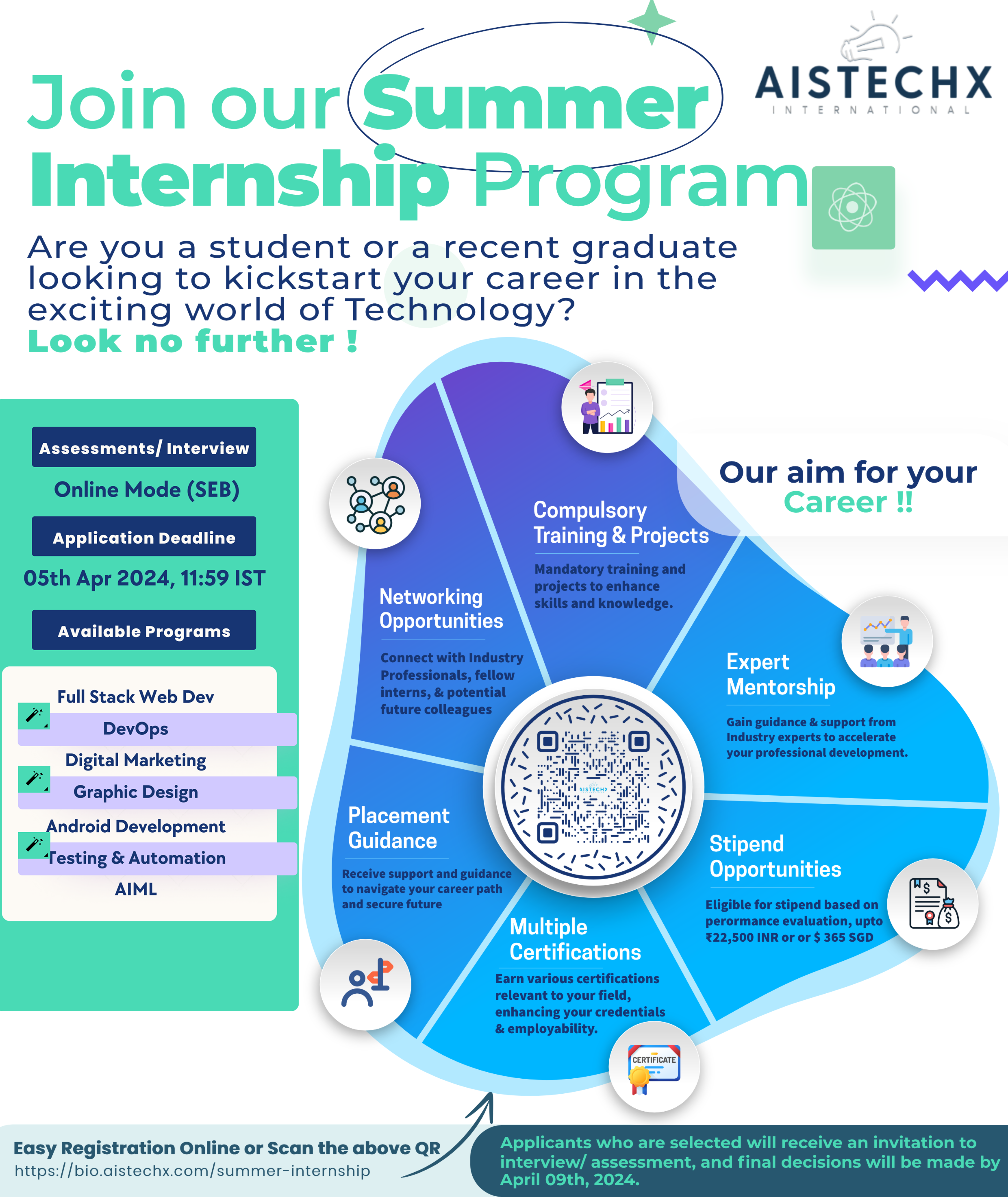
The cloud has revolutionized how businesses store data, run applications, and even make decisions. It’s no wonder cloud computing is one of the hottest career fields today! If you’re looking to get into this dynamic industry, you’re not alone. Many are eager to dive into cloud technology but might not know where to start. Luckily, with a structured approach and a few insider tips, you can land your first cloud job sooner than you think.
Here are five key tips to help you on your journey.
1. Understand the Cloud Basics Inside Out
Before stepping into the cloud job market, it’s crucial to have a solid understanding of cloud fundamentals. While it might be tempting to dive into advanced topics, employers look for candidates with a strong grasp of core concepts. Start with understanding:
⁕ Cloud Deployment Models: Public, Private, and Hybrid Cloud
⁕ Cloud Service Models: Infrastructure as a Service (IaaS), Platform as a Service (PaaS), and Software as a Service (SaaS)
⁕ Popular Cloud Providers: Know the difference between Amazon Web Services (AWS), Microsoft Azure, and Google Cloud Platform (GCP)
Familiarize yourself with how cloud architecture works, common use cases, and basic terminologies like load balancing, scaling, and high availability. Mastering the fundamentals will give you a foundation to build on and help you ace interviews that ask foundational questions.
2. Get Hands-On Experience with Cloud Platforms
Employers in the cloud industry are particularly keen on candidates with hands-on experience. Theoretical knowledge is important, but cloud jobs often require real-world problem-solving abilities. Here’s how you can gain practical experience:
⁕ Free Tier Accounts: Major cloud providers like AWS, Azure, and GCP offer free tiers with limited resources. Sign up and experiment with deploying servers, databases, and simple applications.
⁕ Labs and Sandbox Environments: Platforms like A Cloud Guru, Qwiklabs, and AWS Skill Builder offer guided labs to help you practice specific cloud scenarios.
⁕ Build Your Own Projects: Practice setting up a personal website, deploying a virtual machine, or creating a serverless app. Document these projects on platforms like GitHub to showcase your skills to potential employers.
Having personal projects or case studies to present during interviews can set you apart from other candidates.
3. Pursue Cloud Certifications
Certifications demonstrate to employers that you have the skills and knowledge to work with cloud technologies. Entry-level cloud certifications can give you an edge, even if you have little to no job experience. Some valuable certifications for beginners include:
⁕ AWS Certified Solutions Architect – Associate
⁕ Microsoft Certified: Azure Fundamentals (AZ-900)
⁕ Google Cloud Digital Leader
These certifications focus on core cloud services and concepts, making them perfect for those starting out. Plus, they show your commitment to the field, making you a more attractive candidate to recruiters and hiring managers.
4. Learn Related Skills Beyond Cloud
While cloud computing is a specialized field, it often intersects with other technologies. Knowing some complementary skills can increase your chances of landing a job. Here are a few to consider:
⁕ Linux and Command-Line Basics: Many cloud services run on Linux-based infrastructure. Basic knowledge of the Linux command line will come in handy.
⁕ Networking Fundamentals: Understanding how networks work (e.g., IP addressing, DNS, VPNs) is essential when configuring cloud environments.
⁕ Programming & Automation: Learn scripting languages like Python, Bash, or PowerShell. Automation tools like Terraform, Ansible, and Docker are heavily used in cloud jobs for managing infrastructure.
Adding these skills to your resume shows that you can adapt to different environments and work with cloud services effectively.
5. Network and Connect with the Cloud Community
Landing your first job is often about who you know as much as what you know. Networking can provide valuable opportunities to learn from others, gain mentorship, and discover job openings. Start by:
⁕ Joining Cloud Communities: Platforms like LinkedIn, Reddit, and Stack Overflow have active cloud computing communities where you can ask questions, share knowledge, and build connections.
⁕ Attending Meetups and Webinars: Look for local cloud-related meetups or join online webinars hosted by cloud providers. These events often feature industry professionals and offer insights into new trends, best practices, and potential job opportunities.
⁕ Engaging on Social Media: Follow cloud experts and companies on platforms like Twitter or LinkedIn. Engage with their content and contribute your thoughts. You’ll gain visibility within the community and might even connect with potential employers.
Additionally, many companies and cloud providers organize virtual hackathons, open-source projects, and boot camps where participants can showcase their skills and network with others.
Final Thoughts
Breaking into the cloud industry might seem challenging, but with the right approach, you can position yourself for success. Start by building a solid foundation of knowledge, gaining hands-on experience, and investing in certifications. Complement that with essential skills in related fields like networking and automation. Most importantly, engage with the cloud community and keep learning.
Remember, cloud computing is a constantly evolving space. The more you practice and stay informed, the better equipped you’ll be to land that first job. Your dream cloud career is just a few steps away—take action today, and the clouds will clear for you!
Ready to get started? Check out the courses we offer at AISTECHX to help you on your cloud journey, from beginner fundamentals to advanced cloud architecture.
Comments (0)
Categories
Recent posts


Join Our Summer Internship Program at ...
5 Mar 2024
What to Do After Applying for an ...
13 Feb 2024
Step-by-Step Guide to Account Creation
19 Jan 2024



